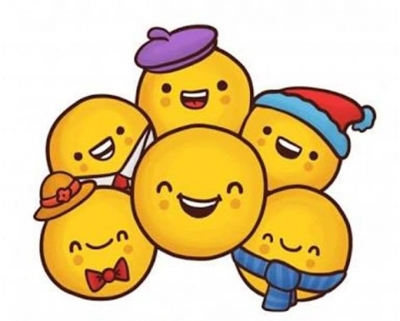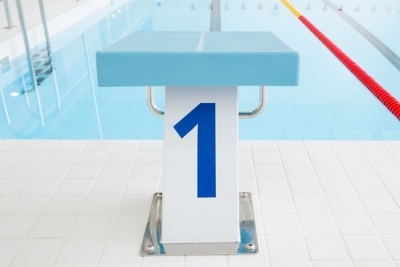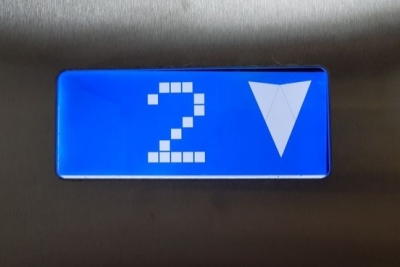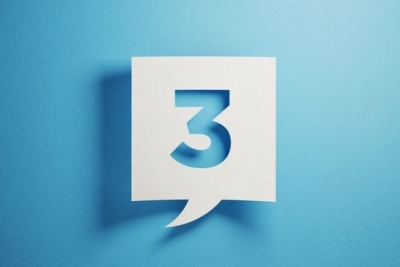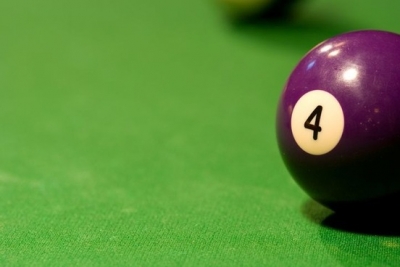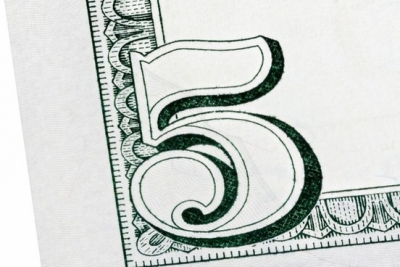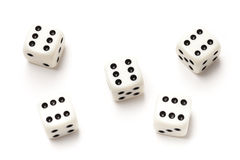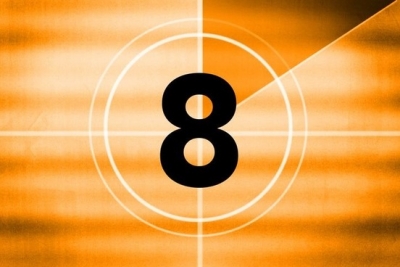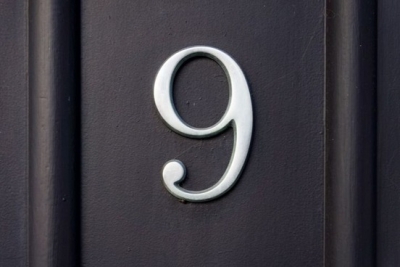
Most people will agree that English is relatively easy to learn. Its grammar is not very complicated, and once you know the various parts of speech and how they are placed in a sentence, you can write without errors.
Yes, pronunciation of English words can lead us to embarrassing situations, and if you are talking to someone from the United States, you may feel that you and your listener are speaking in different languages – but you can communicate and write without making any mistakes.
But there’s one area where we may slip up – and that it is in choosing the right words to convey our meaning. This may (a) lead to confusion in the reader, if you are writing and (b) lead to misunderstandings with listeners if you are talking.
Check these words out
Grammar writers have been putting together pairs of words – some are similar sounding, some are not – that we often misunderstand. These have been referred to as “pairs of confusables” because we seem to go wrong and interchange these words in our writing.
One example is how we use “for” and “since”.
“Since” is used to denote the period of action from a particular time/day/week/month/year.
Since (from the time) he became the principal, Mr. Lal has been living in the school campus.
Mr. Lal has been living on the campus for a long time (over a period of time).
“Since” starts the action from a particular point of time. “For” stand for an indefinite period of time.
I have not seen him since he returned from Africa. I have not seen him for a long time.
Wrong: I have not seen him “since a long time.”
Here is a list of confusables. Try and understand how they are used!
Ton & tonne
Ton: A unit of weight equal to 2000 pounds.
Example: the stone weighted a ton.
Tonne: A metric ton
Effect & affect
Effect: (noun) result, outcome
Example: His teacher’s words in the remote school had a great effect on the boy.
Affect: (verb) influence, change
The monsoon rains affected the crops badly.
Adopt & adapt
Adopt: take on, accept
Example: The kind man adopted all the stray dogs in the area.
Adapt: get used to, adjust
Example: The village boy had to adapt to life in the city.
Weather & whether
Weather: climate (cloudy, sunny, cold)
Example: Weather conditions were cloudy when we set out.
Whether: a word used to show choice
Example: Whether you come or not, we will go on the picnic.
Remain & remind
Remain: stay, left
Example: The weather remains the same throughout the year.
Remind: to speak again of something
Example: Please remind me of the meeting.
Lose & loose
Lose: not able to find
Example: The tourists lost their way in the forest.
Loose: slack, opposite of tight
Example: The yoga teacher asked us to wear loose clothes for the class.
Pier & peer
Pier: a platform in the sea
Example: The boat was tied to the pier.
Peer: to look closely
Example: The thief peered into the darkness of the house.
Resign & re-sign
Resign: quitting one’s job. It is pronounced with “z”
Example: The chairman of the company resigned when he was elected to Parliament.
Re-sign: with the hyphen: to sign a contract again. The “s” here is pronounced as “s”, and you stress the first syllable “re”.
Example: Mr. Lal re-signed the contract for AC maintenance.
Advice & advise
Advice: a noun it stands for well-meaning suggestion.
Example: The principal gave important advice on the first day of school.
Advise: This too is well-meaning advice, but used as a verb.
Example: The doctor advised the patient to go for walks every day. The word “advise” is used in the past tense.
Compliment & complement
Compliment: saying something nice about someone. The word id used as a noun and a verb.
Example: He was warmly complimented by the audience for his brilliant speech. He accepted the compliments gracefully and thanked them.
Complement: two things that go well together or complete each other.
Example: His height complements his aggressive style of playing.
Salt and sugar complement most Indian cooking.
Disinterested & uninterested
Disinterested: impartial, objective
Example: It was clear that the winners were chosen by a panel of disinterested judges; they all deserved to be selected.
Uninterested: bored or not wanting to be involved with something.
Example: As the speaker droned on about his theories on life, it was clear the audience was uninterested; most of the members were found yawning.
Historic & historical
Historic: famous, important and influential
Example: While in the U.S., we visited the beach in Kitty Hawk where the Wright brothers made their historic flight.
Historical: related to history
Example: Many countries have very strict laws about preserving their historical monuments.
Further & farther
Further: is used in abstract situations to show distance.
Example: “You say that I deliberately delayed the project, nothing is further (away) from the truth. If you have any further (more) complaints please approach the boss. Do you have any further questions?”
Farther: we use this when we are talking about the physical distance.
Example: How much farther do we have to go before reaching the temple? If we drive any farther today, we will be too tired to get up tomorrow.
Hanged & hung
Hanged: to dangle someone or something from a peg/nil/rope/frame. The word “hanged”, the past tense form of “hang” is used for the deadly habit of hanging people to death.
Example: Charles the first, the King of England was overthrown and hanged in the public square.
The judge sentenced the murderer to be hanged.
Hung: dangled with the help of something.
Example: I spent all Sunday cleaning the house. I dusted the photographs and hung them in the hall.
Remember: People are hanged. Things like photographs and clothes are hung.
Addition & edition
Addition: something that is added to an already existing group.
Example: With the addition of modern jets, the army became very strong.
Coffee tastes better with the addition of sugar.
Edition: An edition is one in a series of printed material.
Example: Did you read the latest edition of the book?
Picture Credit : Google

